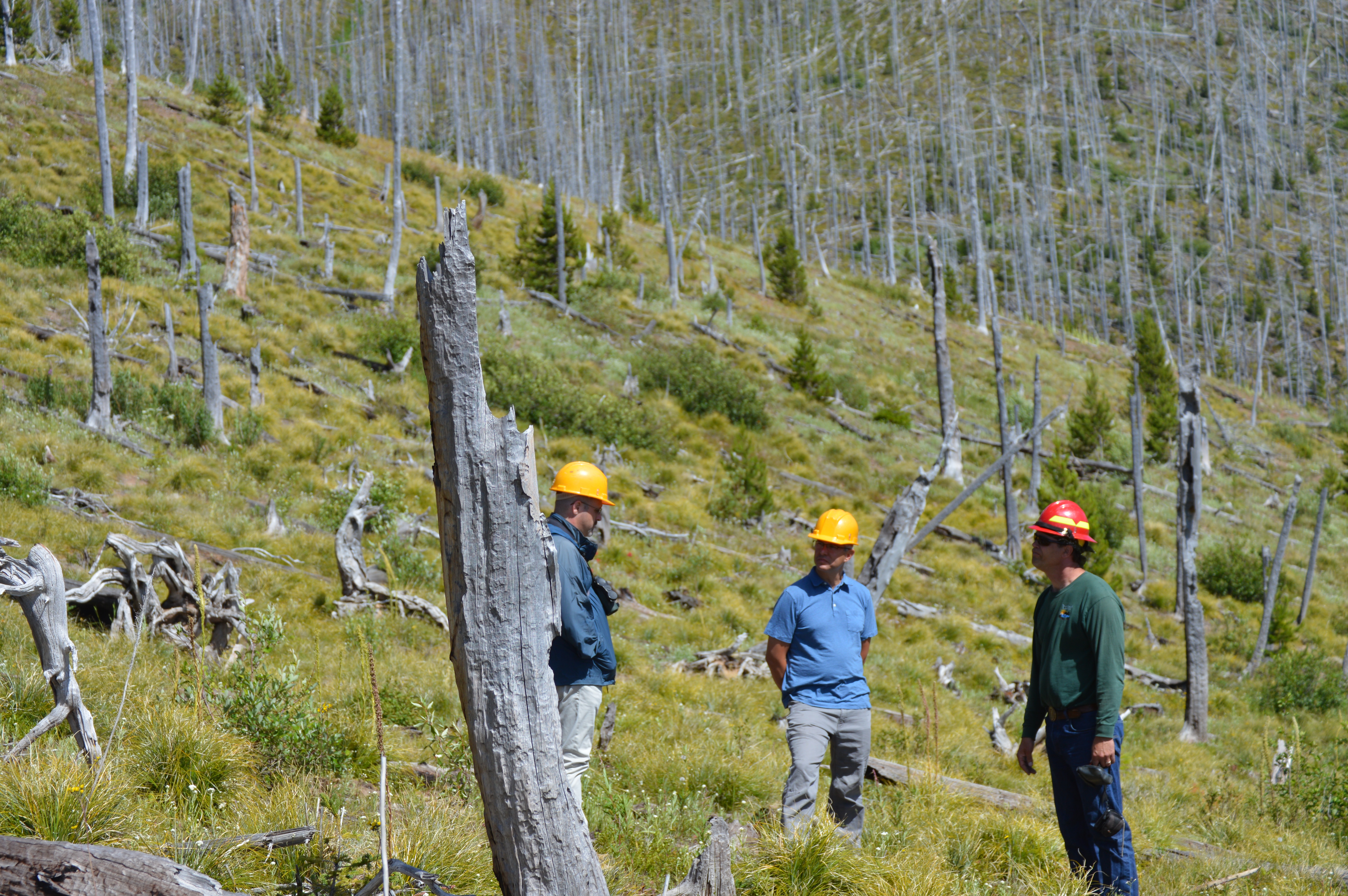Summary:
The original entry principles for membership in the Forest-Climate Working Group upon its founding in 2008.
Entry Principles
- The group will be led by a steering committee that is open to any recognized participant organization—that is, any group that endorses our Entry Principles. Each participant organization is encouraged to identify a designated representative, with alternates or additional representatives welcome as needed. The steering committee will form task subcommittees to take on particular projects, with participation open to any participant. To assure tight coordination and accountability, the communications and activities of the steering committee and full group will be coordinated by two co-chairs.
- The actions and deliberations of the group, including the steering committee, will be transparent to all participants.
- The group will strive to operate by full consensus of the participants whenever taking a public position on an element of forest-climate policy. When a position has very strong support but falls short of endorsement by full consensus, the group may consider publicly endorsing that position on an “opt-in” basis provided that no more than one-quarter of recognized participants oppose that position. Documents relating to any position adopted by “opt-in” will clearly list only those participants endorsing the position.
- The group will use facilitated consensus dialogues to develop consensus recommendations for specific components of forest-climate policy. As part of each dialogue, the group is committed to serving as a learning network for its participants—all the participants still have informational needs and research in the climate arena is rapidly evolving. The group will create learning opportunities as part of each dialogue featuring leading thinkers on key aspects of forest-climate policy and policy design, with a goal of helping to move us toward informed consensus on key issues.
- The group will seek to learn from climate policy conversations occurring at other scales, including regional climate compacts within the U.S. and international efforts. It will seek to establish links to leaders in these areas and encourage their participation in our efforts.




